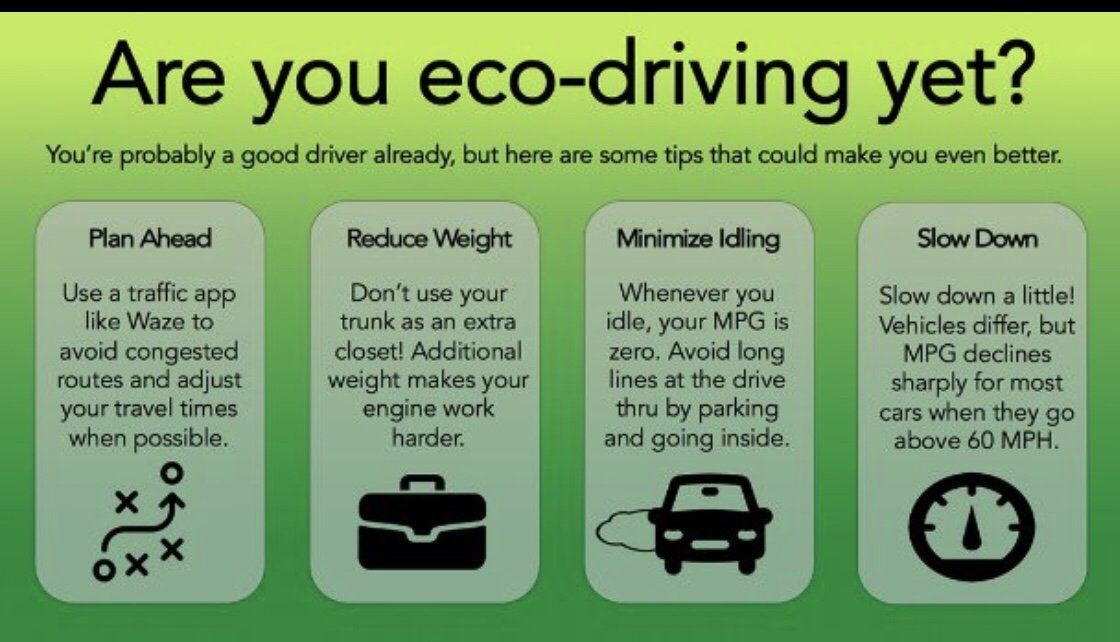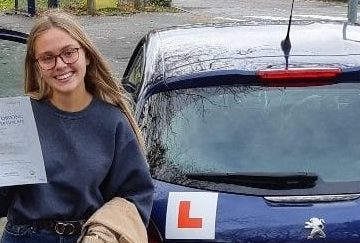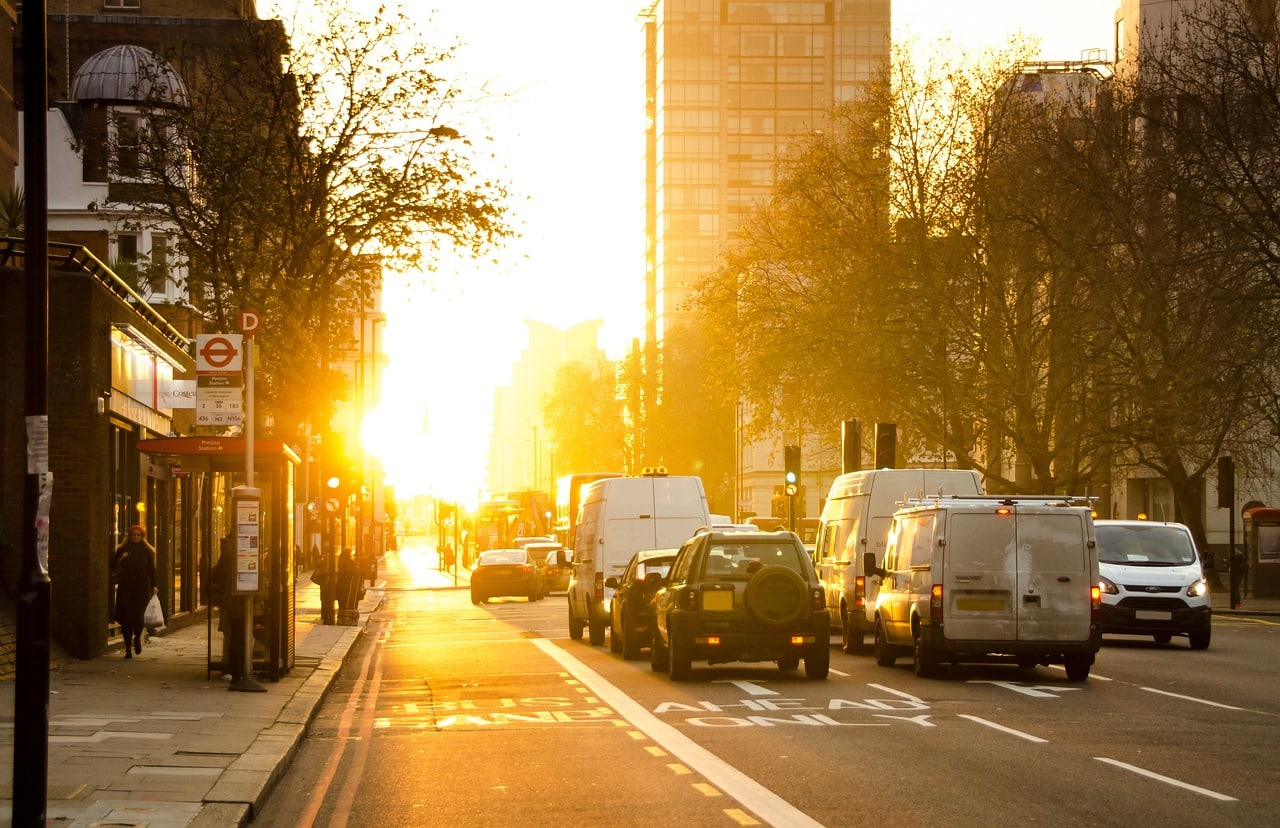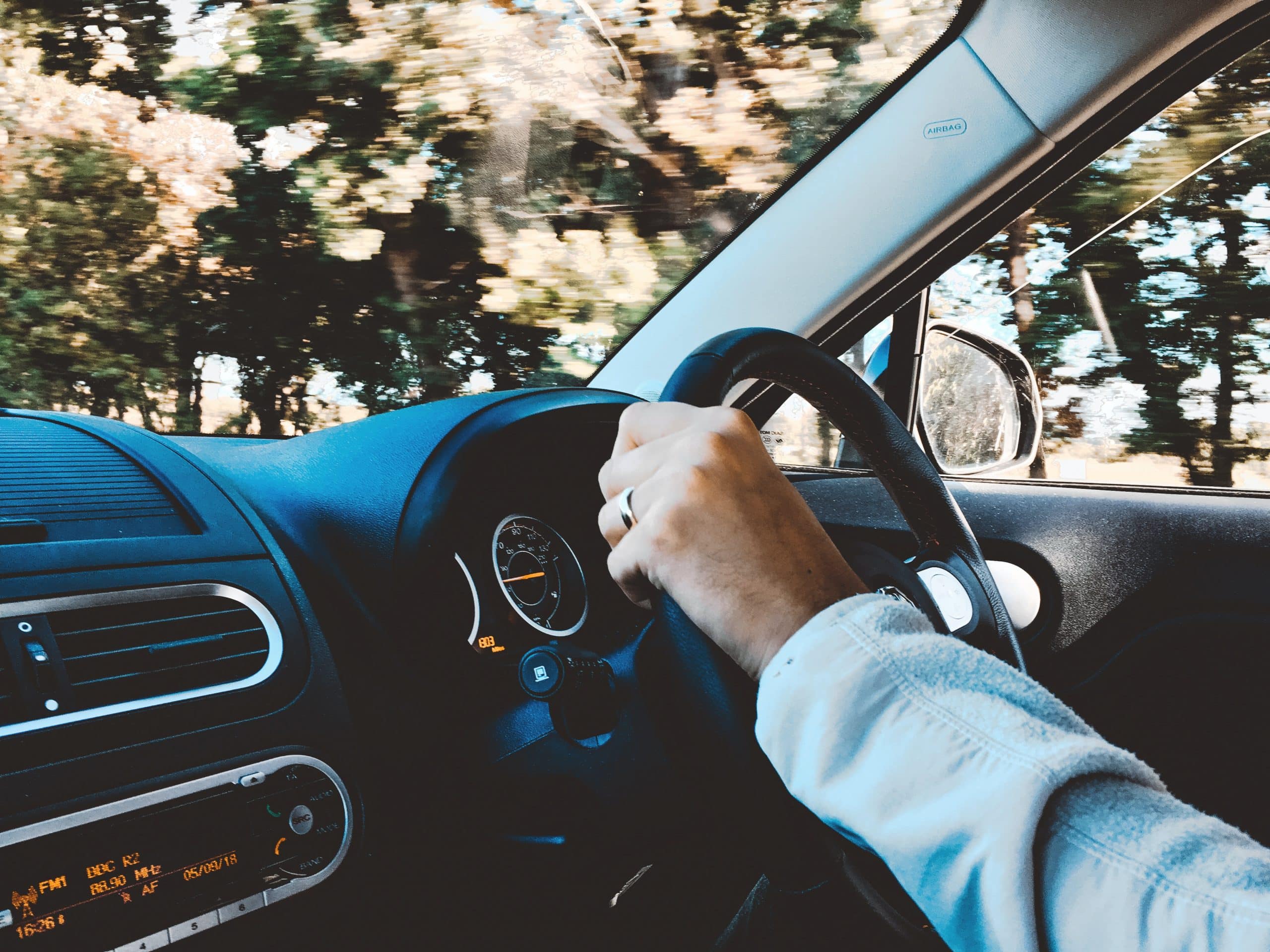
Introduction to Eco Driving
Eco Driving is a driving style that involves applying techniques to drive in a way that reduces fuel consumption and emissions. It is important because it helps to reduce the impact of driving on the environment and can also benefit drivers by saving them money on fuel costs. By adopting EcoDriving practises, drivers can reduce their carbon footprint, help to improve air quality, and contribute to a more sustainable future.
Smart Drive UK is committed to promoting Eco Driving and training that helps drivers know how to adopt this driving style. This will cover topics such as efficient acceleration and braking, block gear changing, maintaining a consistent speed, and anticipating traffic flow. By learning these techniques, drivers can reduce their fuel consumption by up to 15%, which not only benefits the environment but also saves them money.
Overall, Smart Drive UK plays a key role in promoting Eco Driving practises and helping drivers become more environmentally conscious. By adopting these practises, both drivers and the environment can benefit from reduced fuel consumption, emissions, and costs.
Efficient Use Of Cruise Control On Motorways
Cruise control is a feature in many modern vehicles that can help drivers to maintain steady speeds, particularly on motorways. This can lead to increased efficiency and better mileage per litre consumed.
By maintaining a constant speed, drivers can avoid sudden accelerations and hard brakes, which can waste energy and increase fuel consumption. This not only saves money on fuel costs but also reduces carbon emissions, contributing to a more sustainable future.
Reduced Weight In Cars
Reducing the weight of a car and removing any unnecessary items from the car, such as heavy luggage or equipment can significantly improve fuel efficiency and save money on fuel costs over time. Carrying unnecessary weight in a vehicle increases fuel consumption, which can lead to increased cost savings over time.
Idling Engines Conservation
Turning off engines when idling for extended periods can conserve energy and reduce fuel consumption. Idling engines consume fuel without any productive output, leading to unnecessary use of resources and increased carbon emissions. Turning off the engine when idle for more than a minute can save fuel and reduce pollution. Some modern vehicles have an Eco switch which stops the engine when waiting and restarts when the clutch/gear is selected. If your vehicle has this function make sure it is switched on.
Route Planning
By planning a route before setting out, drivers can avoid traffic congestion and take more direct routes, which can help to reduce travel time and fuel consumption. In addition, route planning can help drivers to identify alternative modes of transportation such as public transport or cycling for shorter journeys.



